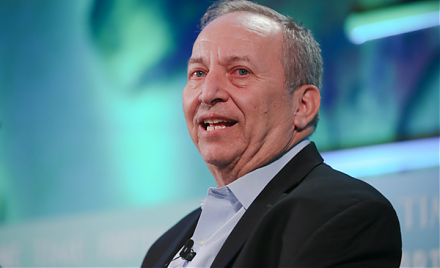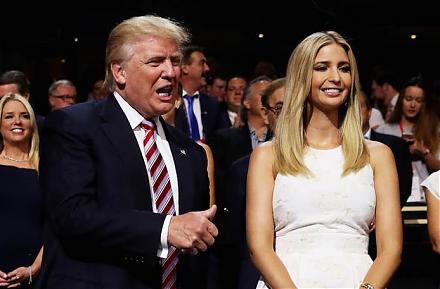

2018-11-01 08:36:00 Thu ET
trust perseverance resilience empathy compassion passion purpose vision mission life metaphors seamless integration critical success factors personal finance entrepreneur inspiration grit
Ford and Baidu team up to test autonomous cars in China. For the next few years, Ford and Baidu plan to collaborate on the car design and user acceptance test of driverless vehicles in China. Ford provides autonomous vehicles that fits the Baidu proprietary autonomous navigation system Apollo. On-road car tests begin to take place in 2018Q4.
Ford and Baidu both aim to achieve the U.S. SAE Level 4 standard. The U.S. SAE industry classification measures the level of *human involvement* in autonomous vehicles, and the SAE Level 4 standard stipulates that driverless vehicles can run autonomously within specific areas under the correct weather conditions. By this standard, the Ford-Baidu autonomous vehicles require no human intervention at all. Although Ford and Baidu have yet to disclose the financial terms and ownership structure details of this Sino-U.S. joint venture, the tech firms leverage innovative artificial-intelligence and wireless connectivity solutions that improve the safe and convenient passenger experiences in different environments.
Most user acceptance tests are likely to take place in China, and the ultimate Level 4 driverless vehicles will run on both Chinese and American soil. Through this core strategic partnership with Baidu, Ford can secure its competitive advantage and moat in autonomous cars in response to intense competition from Uber, Lyft, Tesla, and Waymo etc. Autonomous vehicles remain a top long-term strategic priority for several world-class carmakers from Audi and BMW to Mercedes-Benz and Toyota.
If any of our AYA Analytica financial health memos (FHM), blog posts, ebooks, newsletters, and notifications etc, or any other form of online content curation, involves potential copyright concerns, please feel free to contact us at service@ayafintech.network so that we can remove relevant content in response to any such request within a reasonable time frame.
2019-04-21 10:07:54 Sunday ET

Central bank independence remains important for core inflation containment in the current age of political populism. In accordance with the dual mandate of
2018-05-04 06:29:00 Friday ET

Commerce Secretary Wilbur Ross suggests that 5G remains a U.S. top technology priority in light of the telecom merger proposal between Sprint and T-Mobile a
2018-07-11 09:39:00 Wednesday ET

In recent times, the Trump administration sees the sweet state of U.S. economic expansion as of early-July 2018. The latest CNBC All-America Economic Survey
2023-08-21 12:25:00 Monday ET

Steven Shavell presents his economic analysis of law in terms of the economic outcomes of both legal doctrines and institutions. Steven Shavell (2004)
2019-04-01 08:28:00 Monday ET

OraSure and its subsidiary DNA Genotek specialize in the lean production of home DNA spit tubes. OraSure extracts core genetic information from microbiome s
2017-04-13 10:42:00 Thursday ET

President Donald Trump unveils the dramatic *tax overhaul proposal*. Through this tax plan, Trump replaces the current 7 income tax brackets with 3 leane